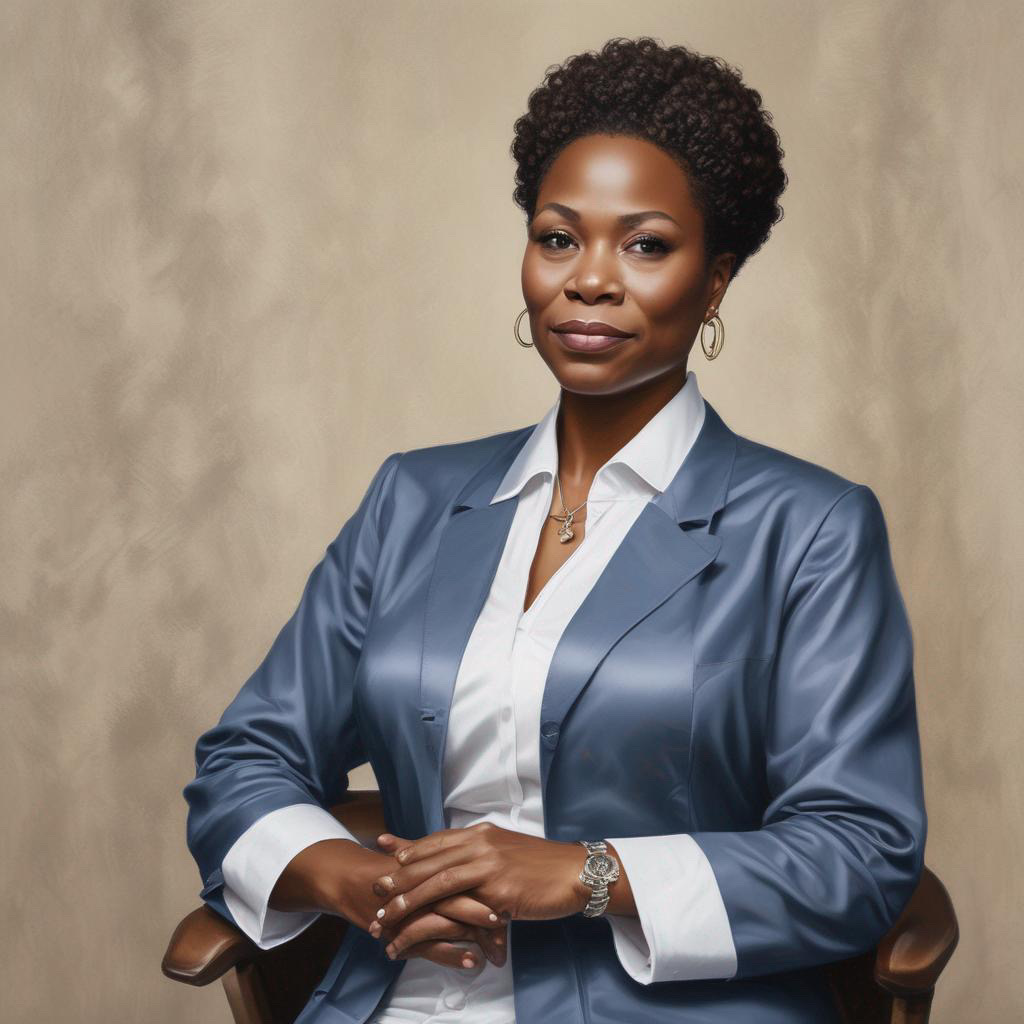In the quiet stillness of a Bethlehem night amidst the gentle rustling of sheep and the soft glow of stars, an unassuming group of shepherds received a message that would echo through eternity. Luke 2:8-13 tells us of the angelic announcement that broke through their mundane existence, a radiant declaration of joy: “Do not be afraid; for see—I am bringing you good news of great joy for all the people.” Those simple, tender words invite us to embrace hope, even in the darkest times.
Picture the shepherds, weary from their labor, their faces not just lit by the starlight but by the unforeseen brilliance of divine revelation. They were the marginalized, often overlooked, yet chosen to be the first to hear of the Savior’s birth. This is a profound reminder that God’s love knows no boundaries; it reaches into the lives of the unnoticed and the weary. It calls us to acknowledge that hope is not reserved for the powerful or the privileged but is a gift freely given to all, especially those who feel lost or forgotten.
As the angel proclaimed, “For unto you is born this day… a Savior,” we are reminded that this message of hope is deeply personal. It’s not just a story from long ago; it touches our hearts today. In our lives, when shadows loom large, and uncertainty whispers doubts into our ears, we can remember that we are not alone. The Savior, born in humility, enters our struggles, bringing light to the darkest corners of our hearts, understanding our pain, and offering comfort.
The shepherds, initially gripped by fear, found courage as they listened. Just as they left their flocks to seek the manager’s miracle, we, too, are invited to leave behind our worries and fears. In seeking Christ, we discover hope is not merely a fleeting feeling but a steadfast anchor, grounding us in love and assurance. Their courage inspires us to face our fears and seek the hope that Christ offers.
So, as you navigate your nights, remember the shepherds. Let their story inspire you to embrace the light of hope that Christ brings. Listen for the angel’s message in every whisper of fear: “Do not be afraid.” For in the heart of the humble manger lies the promise of joy, peace, and endless love waiting to fill your soul.




